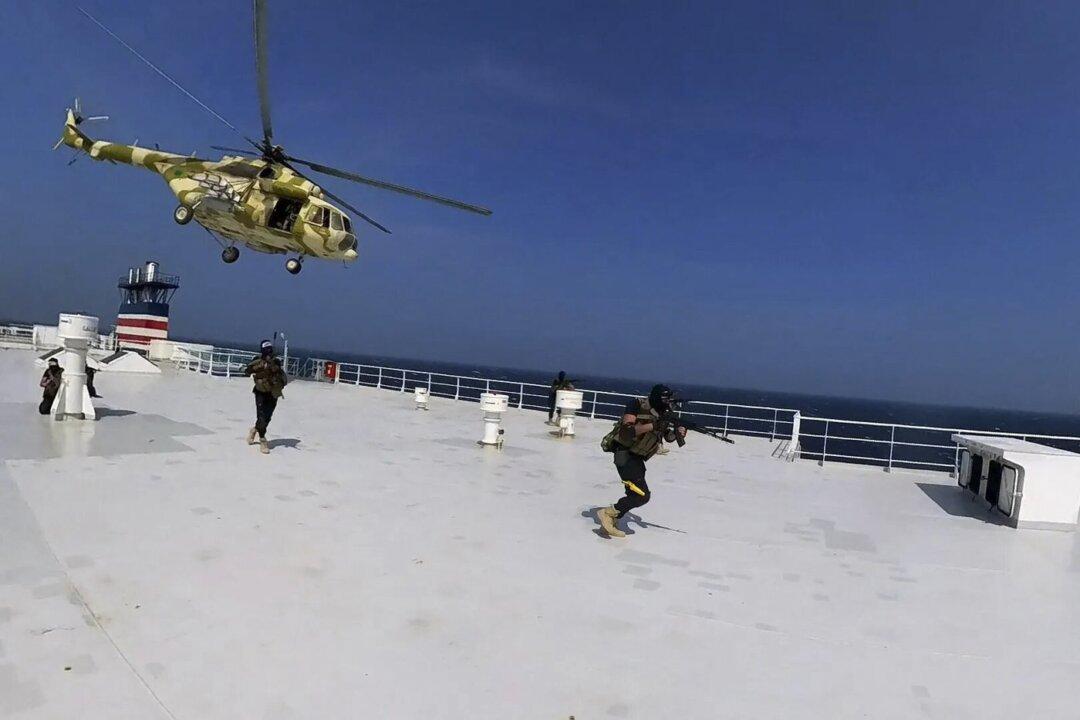Missile strikes carried out by the United States and Britain against Yemen’s Shiite Houthi militia (also known as Ansar Allah) have elicited strong reactions from states and groups in and near the Middle East.
Shiite Iran, the Houthis’ principal backer, described the strikes as a “clear violation of Yemen’s sovereignty and territorial integrity and a breach of international law.”





